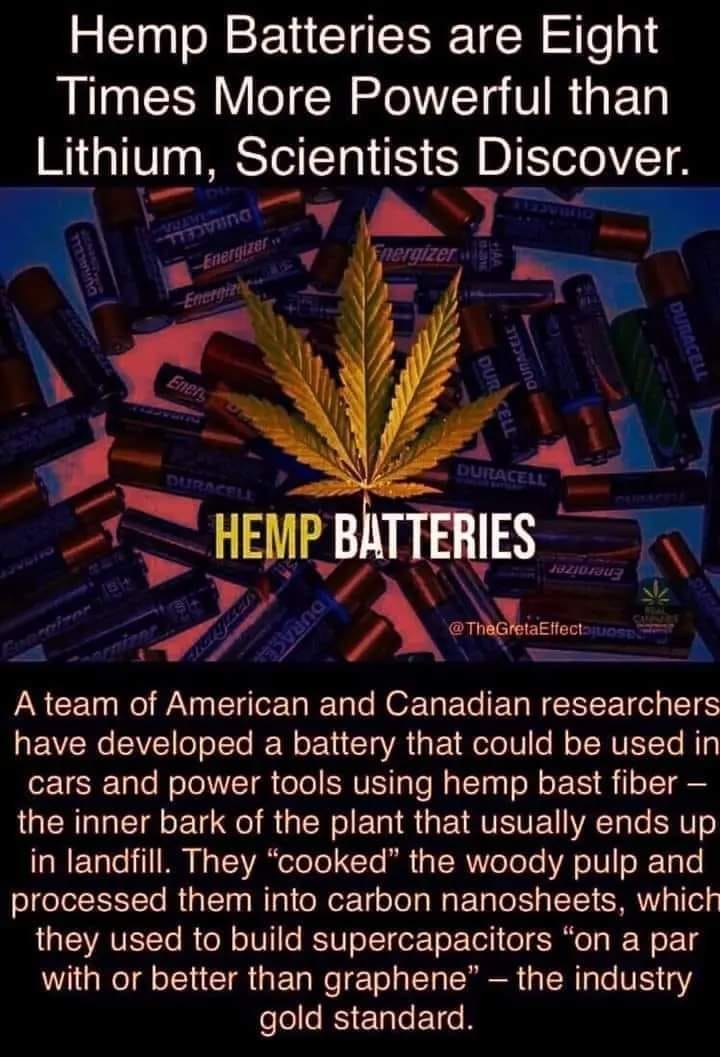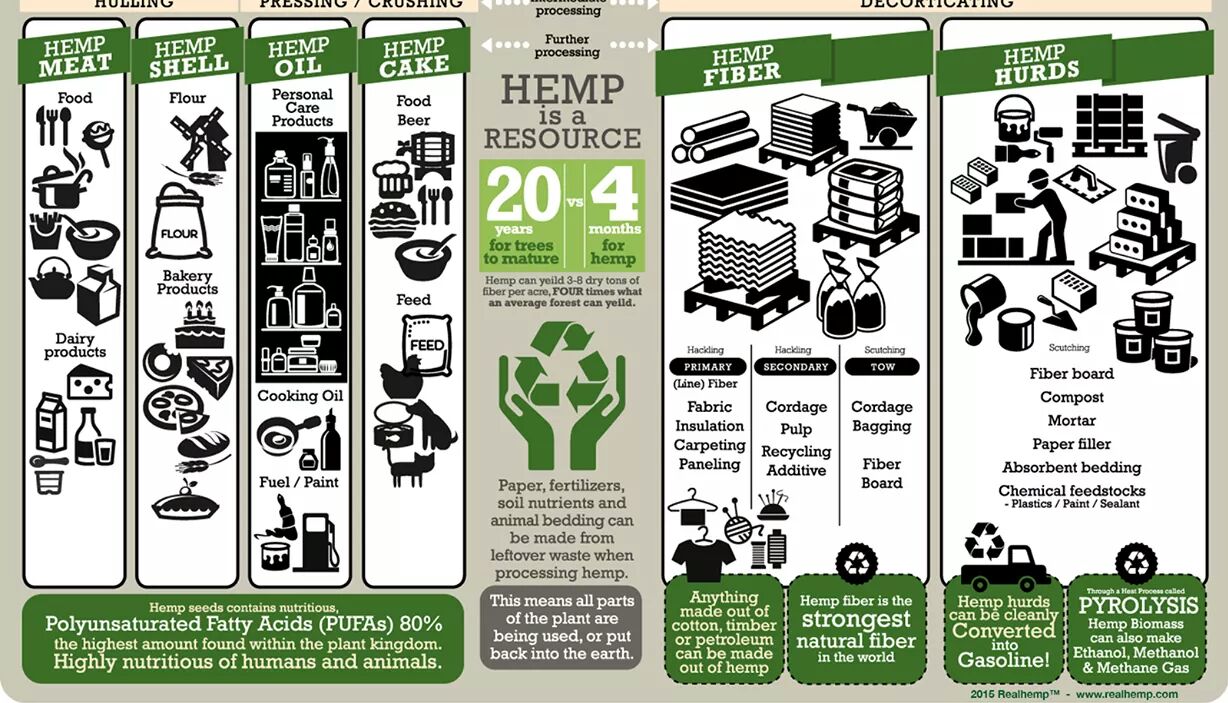
Hemp Nation One is a network of hemp businesses created to connect and support sustainable growth in the industry. The network’s objective is to provide a platform for collaboration and knowledge-sharing among members, thus fostering innovation and responsible practices.
The hemp industry has seen significant growth in recent years, with the legalization of hemp in many countries and the increasing demand for hemp-derived products such as CBD oil, textiles, and building materials. However, the industry still faces many challenges, including regulatory hurdles, lack of access to capital, and uncertain market conditions.
Hemp Nation One aims to address these challenges by bringing together like-minded businesses that share a commitment to sustainability and social responsibility. In this article, we will explore the benefits of joining Hemp Nation One, how the network works, and what membership entails.
What is Hemp Nation One?
Hemp Nation One is a network of hemp businesses that aims to foster sustainable growth in the industry. The network was founded in 2020 by a group of hemp entrepreneurs and advocates who recognized the need for a platform to connect and support businesses in the industry.
The network’s mission is to promote collaboration and knowledge-sharing among members, provide access to resources and opportunities, and advocate for policies that support the growth of the hemp industry.
Why a Network of Hemp Businesses?
The hemp industry is still in its early stages, and many businesses face significant challenges. Among these challenges are regulatory hurdles, lack of access to capital, and uncertain market conditions. By joining forces, businesses can share resources, knowledge, and best practices, thus increasing their chances of success.
A network of hemp businesses can also advocate for policies that support the industry and address challenges such as access to banking services and fair taxation. Additionally, collaboration can lead to innovation and the development of new products and services that benefit both businesses and consumers.
The Benefits of Sustainable Growth
Sustainable growth is essential for the long-term success of the hemp industry. Sustainable practices not only benefit the environment but also create economic opportunities and improve social conditions.
Sustainable hemp businesses prioritize the use of renewable resources, reduce waste and emissions, and promote ethical labor practices. These practices not only reduce the negative impact of the industry on the environment and society but also attract consumers who value sustainability and social responsibility.
How Hemp Nation One Works
Hemp Nation One works by providing a platform for collaboration and knowledge-sharing among members. The network hosts events, webinars, and other educational opportunities to help businesses stay up-to-date with industry developments and best practices.
Members can also access a range of resources, including funding opportunities, marketing support, and legal advice. Additionally, the network advocates for policies that support the growth of the hemp industry and address challenges such as access to banking services and fair taxation.
Membership Criteria and Benefits
Membership in Hemp Nation One is open to businesses that share the network’s commitment to sustainability and social responsibility. Members must be actively involved in the hemp industry and have a track record of ethical practices.
Benefits of membership include access to a network of like-minded businesses, educational opportunities, funding opportunities, marketing support, and legal advice. Members can also participate in advocacy efforts and have a voice in shaping the future of the hemp industry.
The Importance of Collaboration
Collaboration is essential for the growth and success of the hemp industry. By working together, businesses can share resources and knowledge, thus increasing their chances of success. Collaboration can also lead to innovation and the development of new products and services that benefit both businesses and consumers.
Additionally, collaboration can help address challenges such as access to capital and regulatory hurdles. A network of hemp businesses can advocate for policies that support the growth of the industry and address these challenges.
Sustainable Hemp Business Practices
Sustainable hemp businesses prioritize the use of renewable resources, reduce waste and emissions, and promote ethical labor practices. These practices not only reduce the negative impact of the industry on the environment and society but also attract consumers who value sustainability and social responsibility.
Examples of sustainable hemp business practices include using organic farming methods, reducing water consumption, using renewable energy sources, and promoting fair labor practices.
The Future of the Hemp Industry
The future of the hemp industry looks bright, with increasing demand for hemp-derived products and the legalization of hemp in many countries. However, the industry still faces many challenges, including regulatory hurdles, lack of access to capital, and uncertain market conditions.
By promoting sustainable growth and collaboration, Hemp Nation One aims to address these challenges and support the long-term success of the industry. The network believes that the hemp industry has the potential to create economic opportunities, promote environmental sustainability, and improve social conditions.
The Role of Technology in Hemp Nation One
Technology plays a crucial role in Hemp Nation One’s mission to connect and support sustainable growth in the hemp industry. The network uses technology to facilitate collaboration among members, provide educational opportunities, and advocate for policies that support the industry.
Members can access a range of online resources, including webinars, forums, and educational materials. Additionally, technology enables the network to connect with policymakers and advocate for policies that support the growth of the hemp industry.
Hemp Nation One and Environmental Stewardship
Environmental stewardship is a core value of Hemp Nation One. The network believes that sustainable practices not only benefit the environment but also create economic opportunities and improve social conditions.
Hemp is a versatile crop that can be used to produce a range of products, including textiles, paper, and construction materials. By promoting sustainable hemp farming and production practices, Hemp Nation One aims to reduce the negative impact of the industry on the environment and promote environmental stewardship.
Hemp Nation One and Social Responsibility
Social responsibility is another core value of Hemp Nation One. The network believes that sustainable growth should benefit all stakeholders, including farmers, workers, consumers, and communities.
Hemp has the potential to create economic opportunities and improve social conditions, particularly in rural areas. By promoting ethical labor practices and fair trade, Hemp Nation One aims to ensure that the growth of the hemp industry benefits all stakeholders and promotes social responsibility.
Joining Hemp Nation One: What You Need to Know
If you are a hemp business that shares the commitment to sustainability and social responsibility, joining Hemp Nation One can provide access to a network of like-minded businesses, educational opportunities, funding opportunities, marketing support, and legal advice.
To join, businesses must complete an application and meet membership criteria. Once accepted, members can access a range of resources and participate in events and advocacy efforts.
Hemp Nation One is a network of hemp businesses that aims to foster sustainable growth in the industry. By promoting collaboration, knowledge-sharing, and advocacy, the network believes that the hemp industry can create economic opportunities, promote environmental sustainability, and improve social conditions. If you are a hemp business that shares these values, consider joining Hemp Nation One and becoming a part of a growing community committed to sustainable growth in the hemp industry.












